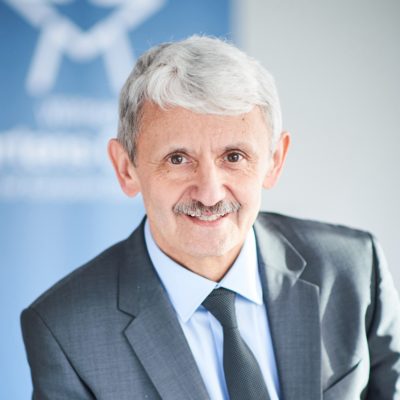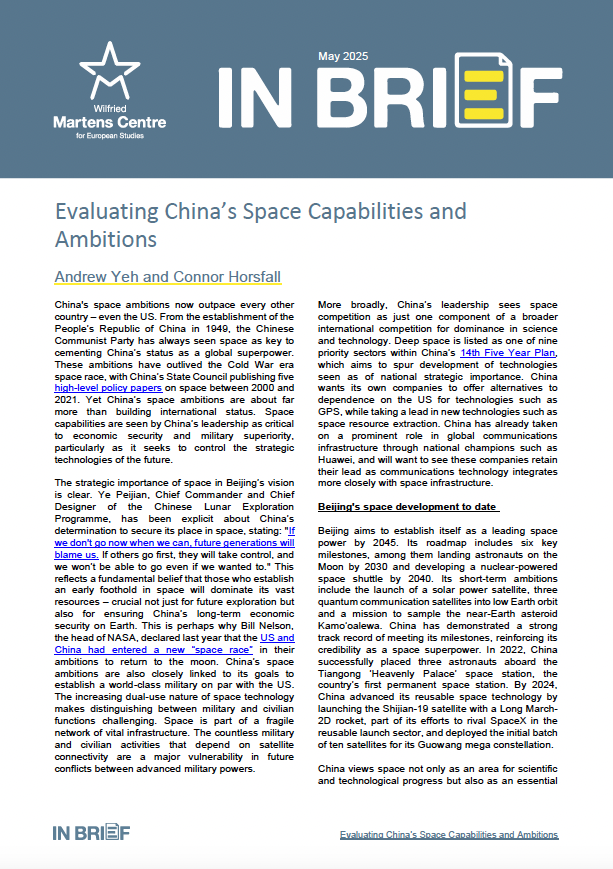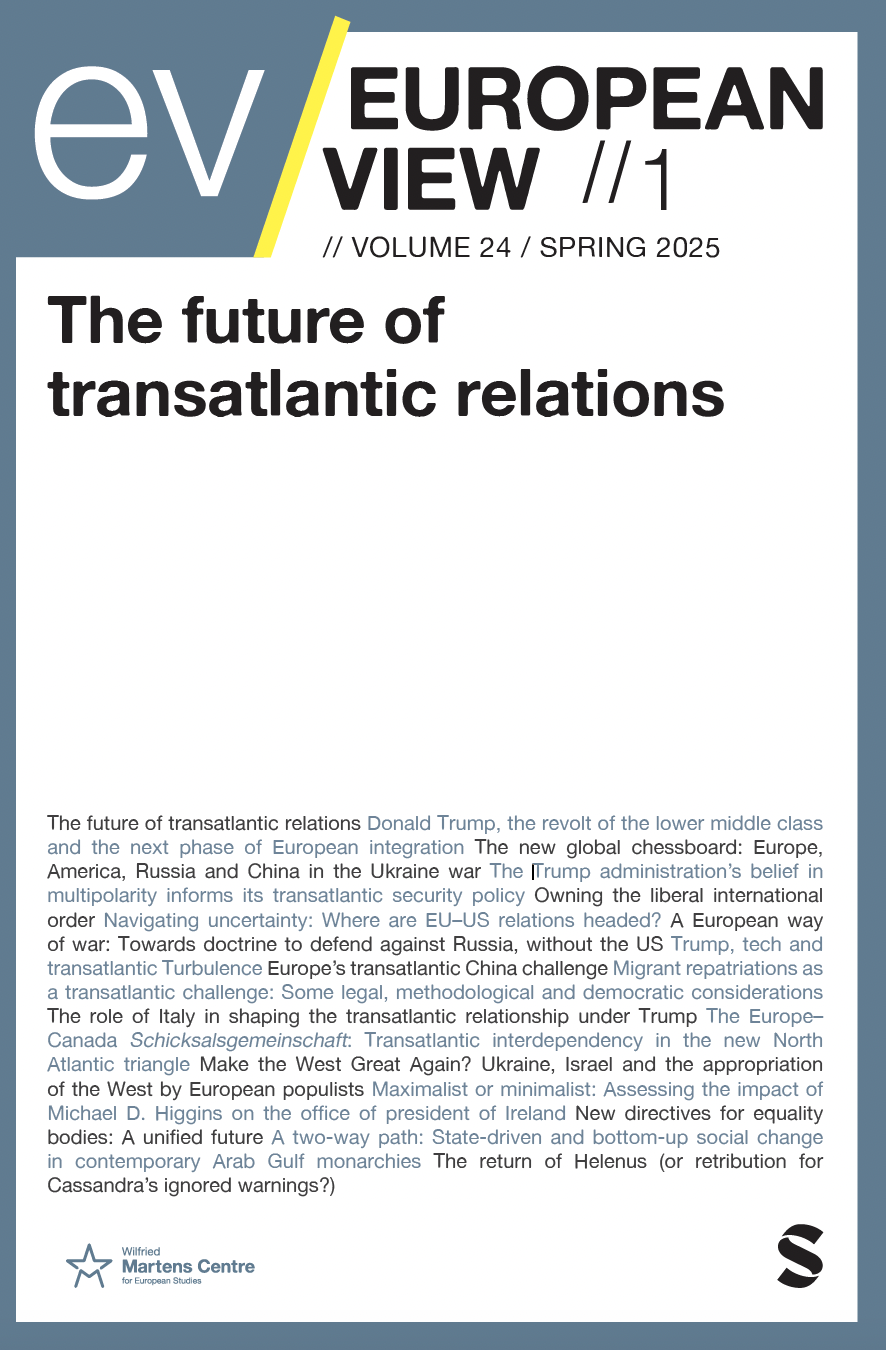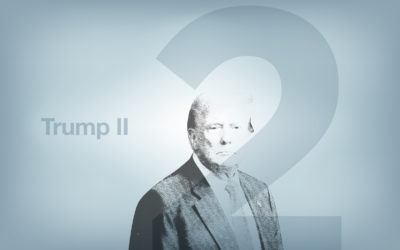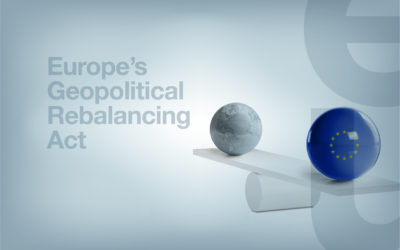Revitalising transatlantic relations
08 December 2015
In these turbulent times, we very much need allies, partners and friends we can rely on and work with. Our partnerships have to be based on trust and a vision, but also on concrete cooperation—political, economic, military and cultural. The US and Europe have been natural partners from the start. Over time they have created a common space where the values of human dignity, freedom and responsibility, and solidarity are paramount. These values are now being threatened by independent groups of violent extremists, who are spreading terror worldwide, and by non-democratic regimes that are challenging our liberal-democratic order.
The US and Europe need to continue to stand their ground and be strong together. We have to defend what we believe in and assist others who cannot defend themselves. As prime minister of Slovakia, I have personally experienced the success of transatlantic cooperation. The vision of transatlantic unity between the US and Western Europe has brought democracy and a sustainable economy to Central and Eastern Europe.
The region has come a long way, but we can never sit still. I see unnerving developments in some of the neighbouring countries, and it reminds me that we need to continually reach higher: to keep liberal democracy as the basis of our societies, where non-governmental organisations and political parties can freely develop and play active roles.
Still recovering from the economic crisis, Europe and the US need to push harder to get back to the standard of living they enjoyed before 2008. There can be no doubt that our common economic agenda is driven by the Transatlantic Trade and Investment Partnership (TTIP). Not only will TTIP bring us more jobs and economic growth, but it will also enable us to set high standards for products. And if it includes an investor–state dispute settlement clause, then—despite what the treaty’s opponents would have us believe—TTIP will strengthen the rule of law.
This is because it will protect both states and companies by providing for the minimum standard of treatment required under international law. Therefore, it is rather unsettling that TTIP is facing so much hostility. As partners, the US and Europe need to proceed in the conviction that what we are doing will benefit both parties to the negotiations. It is important that our citizens should also be convinced of this. A strong communication strategy should be put in place to make TTIP opponents see the flaws in their reasoning.
The US and the EU have sometimes approached foreign policy very differently, but their aim has always been the same: to secure a free and safe world. We need to determine how we can best cooperate with rising powers such as Russia, China and Iran. But if necessary, we must endeavour to compel them to respect human dignity and democracy. The West’s foreign policy goals have sometimes been frustrated by its energy needs.
The US’s energy revolution and the EU’s policy of energy diversification may ease this tension a little. However, our growing energy independence cannot become a reason to retreat from the responsibilities we have regarding the citizens of countries that are rich in energy but lacking in freedom.
This issue of the European View addresses the urgent problems outlined above. As we consider the transatlantic relationship, we should bear the following in mind: what challenges lie ahead, what can we learn from each other and what is the way forward?
The transatlantic partnership is strong. We are partners with the same goal on the horizon: a whole and free world.This editorial was originally published in the December 2015 issue of the European View, Martens Centre’s policy journal.
ENJOYING THIS CONTENT?


